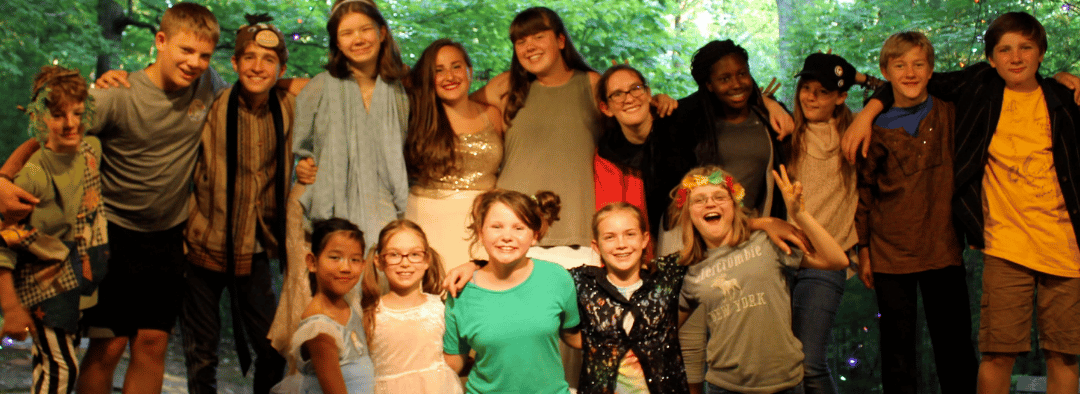The Value of Summer Camp
Children learn a lot in school. They learn about history, math and how to write a five paragraph essay. They learn which is the fourth planet from the sun, and how to play an instrument (sometimes).
All of these skills are important. Overnight camp can teach children a lot, as well. In addition to teaching campers tangible skills — how to canoe, what poison ivy looks like — overnight camp teaches independence, confidence and social-emotional skills. When your child attends a quality overnight camp, it isn’t just fun; it’s also a valuable developmental experience.
Overnight camps help children develop skills that are not explicitly taught at school, and that many children don’t have the opportunity to learn. Because a child is away from home — and more specifically, away from parents/guardians — they gain a great deal of independence. They learn to rely on themselves when making decisions, instead of waiting to be told what to do by a parent.
At Falcon Camp, campers choose the activities they want to do each day; this may seem small, but it provides campers with the opportunity to practice non-essential decision-making, helping them feel more confident and competent. Children learn to ask for help if it is needed, and also learn to figure out who to ask for help in different situations (a separate, but equally important skill). Children are given the opportunity to count on themselves, and are able to practice the skill in a safe and structured environment.
Parents of Falcon campers often share how impressed they are because their camper comes home offering to clear the table, or discussing a new activity they now like. These are great signs of newfound independence.
Adjacent to gaining independence is gaining confidence. As children feel secure in their own skin, they also feel confident in their decisions and personalities. A great camp teaches campers to accept themselves and each other, and this helps campers feel confident in who they are. Camps also use activity systems and awards programs to build campers’ confidence in tangent with supporting them socially and emotionally.
At Falcon Camp, well-established activity and awards systems (often using external programs) make campers feel accomplished and successful. Campers know staff will teach them what they need to know to succeed in activities if they work hard, and also will do the same if they are struggling in any other ways.
Because campers are living in close quarters for extended periods of time with other kids their own age, social interactions can sometimes be challenging. This provides the opportunity to explicitly teach social and emotional skills that aren’t often taught anywhere else: what do you do if you are feeling left out; how you get along with someone you don’t particularly like, etc. Because these lessons often are taught by counselors, who, because of their age proximity to the campers, are viewed as role models, campers are frequently more ready to hear and accept the lessons.
Falcon Camp spends a week training its staff before the campers arrive, so they are comfortable addressing issues that may arise in a way that helps campers grow.
These are broad skills taught by almost any quality overnight camp and are inherent within the program. Specific camps have other valuable assets. For example, a camp that has an outdoors or nature component is automatically helping children with emotional regulation, as there is a link between the two. Camps that don’t allow cell phones or screentime are helping children develop social skills and potentially helping campers’ mental health.
A quality overnight camp can be a valuable part of a child’s summer for many reasons, and these are just a few.


